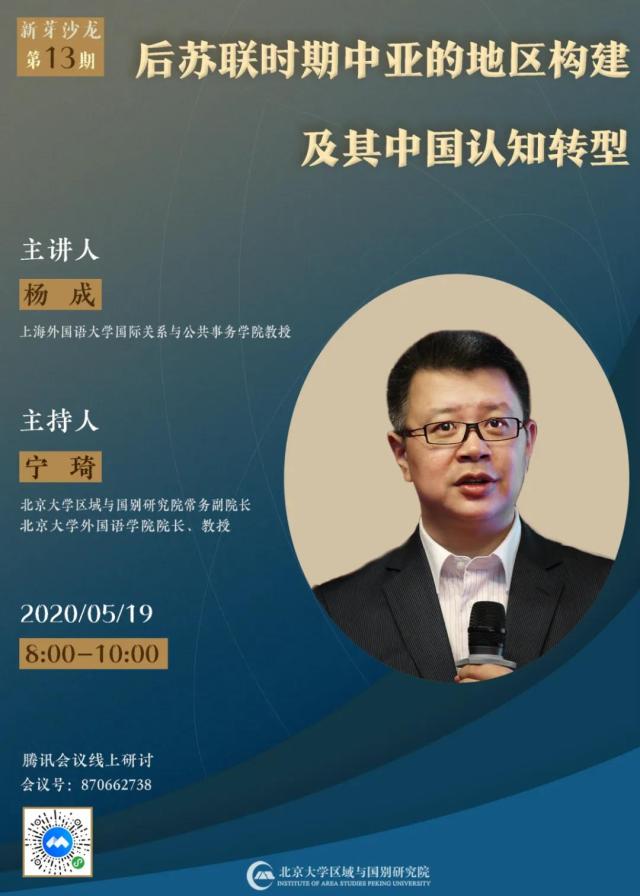
The five Central Asian countries, as newly independent states after the dissolution of the Soviet Union, have been burdened with the threefold strategic mission of nation-building, state-building, and region-building. These countries have attempted to coordinate their efforts in accomplishing these missions, and while nation- and state-building processes have advanced relatively smoothly, regional cooperation in Central Asia had suffered from multiple setbacks until Shavkat Mirziyoyev assumed presidency in Uzbekistan. China, as a significant external “other” for Central Asia, has been directly involved in the historical process in which the five Central Asian countries form and shape their regional identity. Along with the implementation of the Western Development” strategy and the launch of the “Silk Road Economic Belt” initiative, China’s regional influence in Central Asia has been on a constant increase, while the Central Asian countries have also gradually become more sophisticated in their perception of China. This reality constitutes a key factor in the cross-cultural interactions between China and Central Asia.
On May 19, 2020, Peking University’s Institute of Area Studies (PKUIAS) invited Prof. Yang Cheng from Shanghai International Studies University's School of International Relations and Public Affairs to speak on the topic "Central Asia's Region-Building and the Transformation of its Perception of China in the Post-Soviet Era" at the salon.


